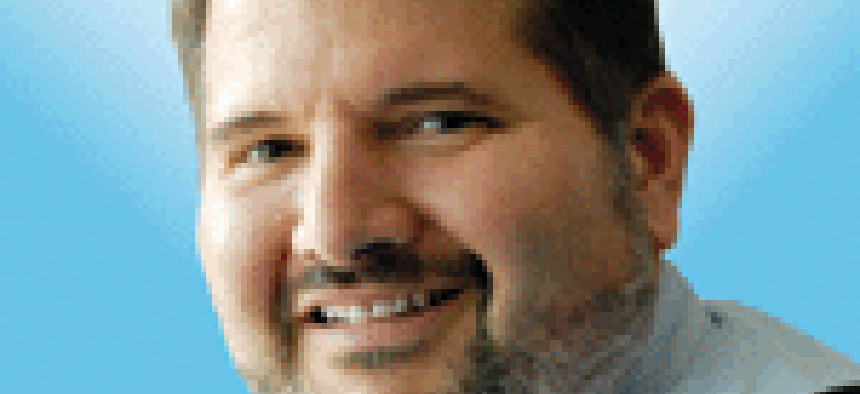Beware the unintended consequences

The history of the internet offers a warning about the unintended consequences of disruptive technologies, even in the government market.
I heard an interesting story on NPR this morning about the internet and some of the unintended consequences of technology.
The story featured Vint Cerf, credited by many as the father of the internet; and science fiction writer William Gibson, who coined the term cyberspace in 1984 in his first novel Neuromancer.
Cerf admitted his own naivete about the internet as he recalled attending a conference in 1988 for commercial vendors who wanted to sell internet-related products.
"I just stood there thinking, 'My God! Somebody thinks they're going to make money out of the Internet,’" Cerf told NPR.
He never saw the darker side of the internet and especially the impact of being able to surf the web anonymously.
On the other hand, Gibson was all about the dark side and his 1984 novel tells a story about hackers stealing data and cyber espionage between the U.S. and Russia.
The difference in their views is telling as the NPR story explores it.
Cerf was caught up in the technological capabilities and commercial potential of the internet and how people would use the technology.
But Gibson focused on how technology changes society. He talks about how TV changed New York City neighborhoods in the 1940s as people stopped sitting on their stoops and went inside to watch TV instead.
The more people watched TV the less they talked to their neighbors. Society was changed.
NPR reporter Laura Sydell also referenced the hit show "Black Mirror" as a current example of where art sees the impact of artificial intelligence, social media and other disruptive technologies.
Sydell talks about how inventors are inherently optimistic and she brings Cerf back to talk about how imagination feeds inventors, but also how they also need artists to see the broader implications of what they invent.
I’m definitely pro-technology, otherwise I wouldn’t be in this business. But the message I take from this NPR piece is the need for balance.
It applies to government technology as well. Disruptive technologies such as artificial intelligence are impacting how people work how customers are served. And all of these are good things.
But we have to think of the unintended consequences as well. I don’t know what they are.
They are the unknown unknowns. And many will only be seen in hindsight. But we still can’t be blind to them.


